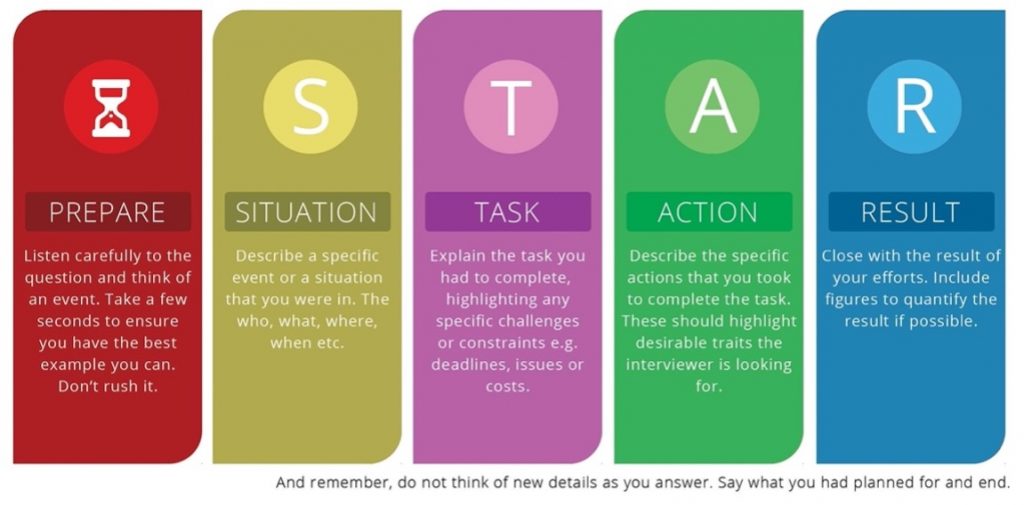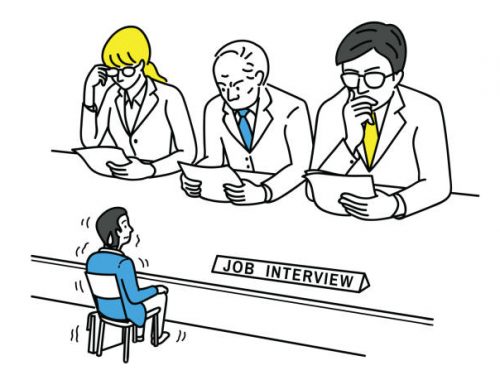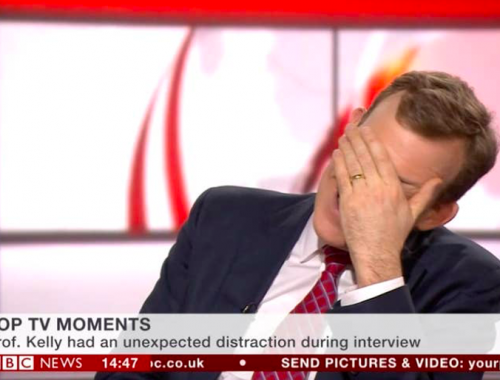The Simulated Interview
Over the years I would like to think I have become more confident when it comes to interviews, I’ll never forgot the worst interview of my life was for the local Poundland, I was not expecting them to ask my biggest weakness… which I panicked and told them how I don’t like talking to customers, despite the fact I was applying for a sales assistant role; expectably I never got that job! However, as I have aged and endured many painful interview experiences, I feel that I am confident when it comes to typical part time retail interview questions, differently this was my first time being interviewed for a job that focuses on my actual career and for a job that I can see myself working in the future. This blog focuses on my experience and preparation of the simulated interviews using Schön’s Model of reflection, this model distinguishes reflection in action, reflecting during the experience itself and reflection on action, thinking about the situation afterwards and considering improvements or new perspectives that have been gained. Schön’s reflective model emphasises the importance of reflecting “in order to discover how our knowing- in- action may have contributed to an unexpected outcome” (Schön, 1983) This model is effective to use when reflecting and analysing the simulated interview process, as Boud states the importance of self-reflection “reflection in the context of learning is a generic term for those intellectual and affective activities in which individuals engage to explore their experiences in order to lead to a new understanding and appreciations.” (Boud et all, 1985) Schön’s mode of reflection will allow me to evaluate my interview answers and how I felt during the action and after reflection, and therefore make improvements and positive change to my interview skills.

For my chosen job description, I chose the BBC Graduate Production Scheme job that I had applied to in real life, I thought to choose this as this was something I might have the opportunity to have an interview for, and the simulated interview would be great practise. Before the interview process I had written out my answers for the typical interview questions, which I was used to answering and had made examples of my skills to the specific skills the job was asking for, I felt assured in my preparation for the interview.
Reflection in Action
As the morning arrived, I began to get nervous as I made my way into the room – especially because I was first to take the interview in my group. The interview began with simplistic interview question such as ‘tell us about yourself’ which I confidently answered. The interview progressed and focused on the skills related to the job description, I was being asked many questions I had not necessarily prepared for, however, I made sure to take a few seconds to consider my answers and mentally prepare, using the SMART response method in my interview. The one question that stood out to me that I had not prepared was to give an example about a time I have been a leader, it took me a couple of seconds to think of an experience, however using this system, I was able to think of a situation, my action, and my result and which I was able to deliver a strong answer.

During my interview, I was pleased that I was managing to give immediate responses as I felt comfortable and confident despite my weakness of freezing and stumbling my answers due to nerves in previous situations, however during this interview, I felt relaxed and confident with my interviewees. The one thing I remember in the interview was reflecting in the moment on my previous answers as I wish that I had elongated and elaborated more on my answers as I felt I could have expanded and given more specific examples in relation to the question.
Reflection on Action
Reflecting on my interview, I feel that I gave relevant responses and always gave a strong example as the STAR method helped me structure my answers accordingly. Another positive from my reflection was my body language as I believe throughout the interview, I had created a positive rapport with the interviewees which I established through eye contact and kept my posture straight and still which reflected my confidence and my focus to the interview. When reflecting on my feedback, the interviewees believed that I answered my questions with ease and how I was able to identity my personal strengths throughout the interview which I think was very successful. In my recommended improvements, I had received comment on how I needed to give more creative experience in my interview after my reflection I thought of experience in the media industry such as my volunteer work for a company working their social media platforms that was an important experience I did not mention, which I know to do so for the future. From reading my feedback, another point I could improve on from my own reflection and the feedback I received is that I needed to have more knowledge on the specific job role I was applying to, I take this feedback into consideration as I will improve on this in my next interview by relating my skills to the preferred skills asked in the job description.
Bibliography
Boud, D, Keogh, R, & Walker, D (eds) 1985, Reflection: Turning Experience into Learning, Taylor & Francis Group, Independence. Available from: ProQuest Ebook Central. [18 February 2022].
Schon, D. A. (1991) The reflective practitioner: how professionals think in action. Ashgate. Available at: https://search.ebscohost.com/login.aspx?direct=true&db=cat02616a&AN=qub.b18911213&site=eds-live&scope=site (Accessed: 18 February 2022).
Shine like a STAR
You May Also Like

Simulated Interviews: A Pointless Exercise?
14 February 2022
Simulated Interrogation
18 February 2022
